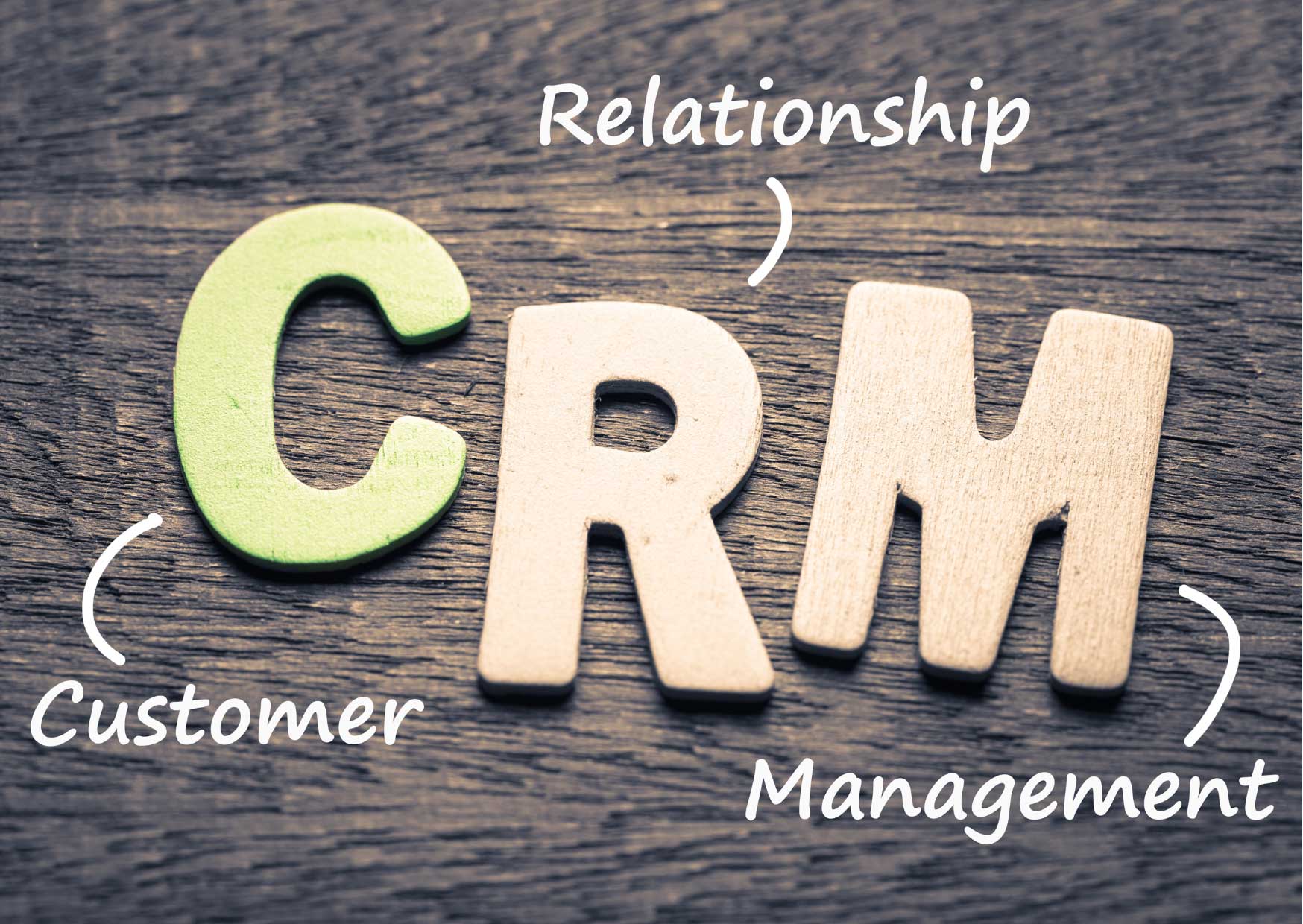Do you sometimes find it taxing how all of the moving parts depend on your good judgment, lest things go downhill to an otherwise perfectly planned wedding? As a wedding planner, the moment your responsibilities start weighing you down instead of sparking you up with passion, you obviously need external help.
This is where a wedding CRM (Customer Relationship Management) starts coming into the picture of your business. However, CRMs are not cheap. As a scaling entrepreneur, is it really worth investing your hard-earned money in a technology that does exactly what you already do best?

Do you sometimes find it taxing how all of the moving parts depend on your good judgment, lest things go downhill to an otherwise perfectly planned wedding? As a wedding planner, the moment your responsibilities start weighing you down instead of sparking you up with passion, you obviously need external help.
This is where a wedding CRM (Customer Relationship Management) starts coming into the picture of your business. However, CRMs are not cheap. As a scaling entrepreneur, is it really worth investing your hard-earned money in a technology that does exactly what you already do best?
Yes, it is worth investing in a CRM if you intend to build and grow your wedding planning business. Regardless of where you are in your profession, as a wedding planner, having a CRM in your arsenal can speed up your growth.
Put simply, an efficient CRM helps you get to the next phase of your business much sooner than doing everything manually. But is time efficiency the only factor why you need a CRM? This article delves deeper into the several factors why this is a wise investment.
Why do you need a wedding CRM?
A wedding planner’s responsibilities when preparing for a big event goes beyond project management. It includes dealing with emotional couples and their families and standing up for both clients and vendors when opposing opinions from both sides arise.
Contrary to popular belief that automation on CRM denies the clients your personal touch, the seamless workflows it offers actually brings you closer to them. Having the technology that helps you with all the technical tasks grants you the freedom to welcome more personal connections.
It saves you time and energy so you can nurture relationships with your clients and trusted service providers while making sure everything is being taken care of. Here are the three things a wedding CRM can help you with:
Seamless group collaboration
Being a wedding planner, you know the value of efficient collaboration in creating a successful event. A lot goes behind the scene of every seemingly effortless wedding. By collaboration, it doesn’t only mean you give orders expecting everyone to get on board with your ideas.
As various tasks arise during the preparation process, everyone may start getting comfortable within their zone of genius.
For instance, your photography team may have specific creative ideas that require you to tweak some details during the planning. Imagine if that happens to all 3 of the wedding projects you are simultaneously working on!
When you rely on old-school communication, you may find yourself overwhelmed by the changes happening all at once. The thing about collaboration is that it’s more likely to succeed when done virtually.
Updates and reports
Having a wedding CRM allows your service providers to send in their progress reports and inquiries at any time while you work at your own pace.
No one has to line up for their turn to get your attention, and you can be sure everyone is heard and accommodated.
Internal communication
One of the basic features wedding CRMs have is the chat platform for quick and easy internal communication.
Digital communication allows everyone, including the bride and groom, to bounce ideas with each other without disrupting the wedding preparation timeline.
Mitigates risks
For everything to go perfectly in one go, tremendous risk calculation is important. This allows you to implement layers of backup plans for when things don’t go as planned.
By now, you’ve most likely learned to work around unexpected circumstances as your clients’ big day draws closer. But if you’re coordinating 3 or more events at a time, it’s easy to overlook the tiny details. This is how wedding CRM helps you big time.
To mitigate risks, wedding CRMs have the feature that updates you and your clients on the details that may have fallen through the cracks. When something is lagging behind schedule, or doesn’t go as planned, you can review the item right away before it causes havoc on the wedding day.
Reliable storage backup
Your growing list of successful weddings is your business’s biggest asset.
Studies show that 22% of your clients are willing to sign a more expensive contract with you if you can show them good reviews. Also, take note of this: Your service is 270% more likely to be chosen over cheaper ones if you have the most number of positive reviews in your portfolio.
So it’s time to put all of your previous clients’ records on a reliable storage backup. Bring them with you anywhere, just in case an opportunity arises, and you need to show off your portfolio.
Most wedding CRMs give you the option to expand your storage data as the need arises. This way, you don’t have to frantically check all of your folders for past records when you need them to.
Can your wedding CRM help you scale up your business?
Yes. Wedding CRMs do not only help you keep the momentum going. It also helps scale up your wedding planning business. Consider this perspective:
Clara has already reached her second year in the wedding planning business. Her journey has transitioned from actively scouting for potential clients to having engaged couples line up for inquiries.
As she grows her client base, she also starts building her team of trusted service providers for time constraint weddings. With her team growing, together with her popularity in the wedding industry, she can now opt to take in more clients at the same time.
While the opportunity for scaling is a wonderful idea, this is also a crucial part of her business. Clara can’t risk ending up with a disastrous wedding as one mistake can crumble her fresh reputation as a superstar wedding planner. Since she hasn’t tried managing weddings simultaneously, her stakes are high with upscaling.
She considers taking more people into the team, but with her limited experience, there is no guarantee that she can find the perfect partners to work with. Clara’s next best option is to find a trustworthy workflow that can help her automate the wedding preparations through a CRM.
This automation allows her to take care of her clients on a more personal level as it frees her time from vital yet repetitive and time-consuming tasks. She may also find a CRM that offers a stable communication feature for efficient collaboration with her service providers. This helps her manage different projects simultaneously.
Of course, since she has yet to scale up as a wedding planner, she may still have to stabilize her finances.
Business-wise, she may opt for a CRM within her budget. It may offer limited features that are just enough for her current needs. But what are the important factors a scaling wedding planner must consider when choosing a CRM?
What are the most important factors to consider when subscribing to a wedding CRM?
Although the majority of top-notch wedding CRMs offer a substantial amount of functionality, no two platforms are exactly the same. The following are the most crucial factors to take into account while selecting a wedding CRM:
Size of your team
Some wedding CRMs offer multiple users under one account. Others allow a limited number of users and offer extra slots for additional payment should the need arise.
Naturally, the more people you have on your team, the more users you need to get onboard on your wedding CRM. Subscribing to a CRM that offers an unlimited number of users may be more financially practical for your team.
If you are still scaling and have yet to grow your team of wedding service providers, a more affordable CRM with limited user access could be your go-to.
Scalability
How do you see your wedding planning business 5 years from now? If you’re looking at growing your empire 10 times your current size and revenue, invest in a CRM that allows you to upgrade features without fuzz.
Ease of use
You are investing in a wedding CRM to save time on tedious tasks and improve your team’s organization.
Hence, you need a CRM that you and your team can so easily use. Most often, a wedding CRM with a simple navigation system is more important than a CRM that offers extra features but with a complicated system.
Related Questions:
How much do wedding CRMs typically cost?
Wedding CRMs can run from 15 USD to 250 USD/month. Some tools offer discounted rates for yearly subscriptions. These rates vary depending on the services each CRM offers.
For example, Flowlu, at 29 USD/month, offers basic invoicing and email automation features. With True Client Pro at 79 USD/month, you get to run projects simultaneously from client onboarding, recipe creation, timeline tracking, inventory management, and everything in between.
Is it possible to scale up your business without investing in a wedding CRM?
Of course, it is possible to scale up your business without investing in a wedding CRM. The question is, are you willing to risk it? Without an automated system, a scaling business can be hampered by time constraints, communication flaws, and inefficiency.
Provided that you can assure both your clients and service providers of a seamless workflow as you take on more demanding responsibilities, you’re good without a CRM. Most successful wedding planners, however, realize that the risk of failure is not worth the gamble.




